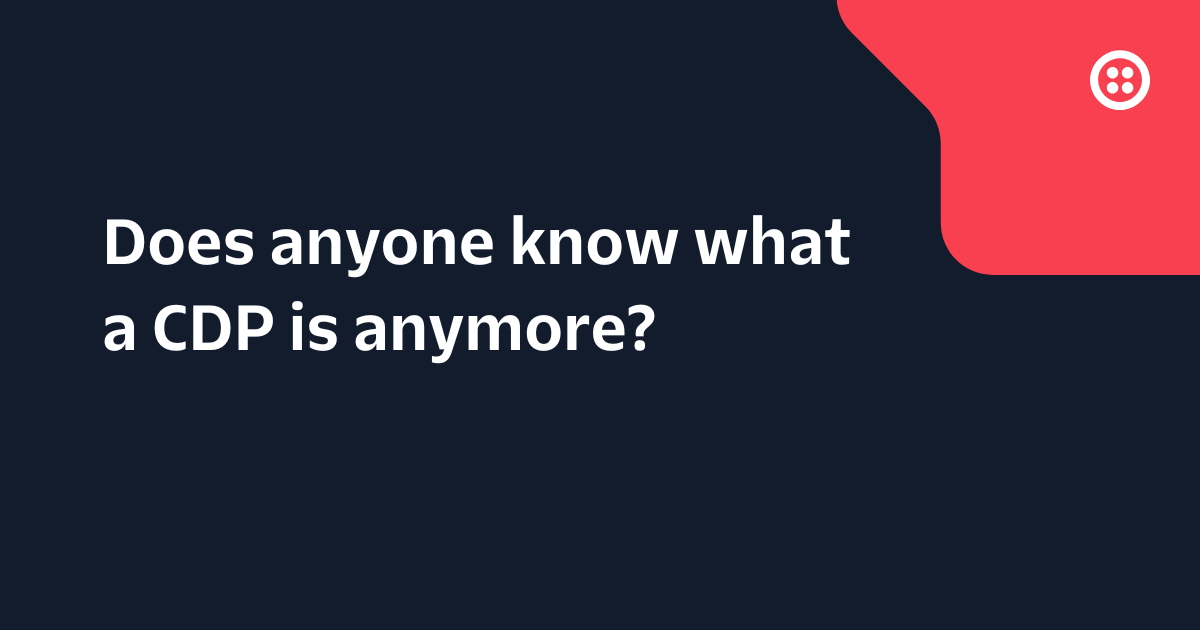Introducing TaskRouter
Time to read: 2 minutes

Today we announced the launch of TaskRouter. TaskRouter is the beating heart of a contact center, made available in the cloud as an API for developers looking to solve any kind of intelligent routing challenge. TaskRouter can dynamically assign tasks of any type to the workers that can best handle them. Calls, SMS, support tickets, leads or even machine data can be routed based on the “skills” required and the priority set.
We built TaskRouter after seeing a common thread in the challenges our customers faced in building great customer experiences. Whether the developers were building contact centers from scratch, augmenting CRM systems with communications capabilities, building high-conversion lead management platforms, or creating support desk products that deliver great customer service – at the core of all of these challenges we saw a recurring problem: matching tasks to the right people or processes that can best handle them. We saw this first in the contact center space, but what we realized is it wasn’t a contact-center specific problem – it was a general problem.
Matching tasks to the right worker is complex. It’s easy to build a basic queue to assign things sequentially, but handling mixed priorities, escalation rules, service level targets and worker presence management gets really hard to build and harder to scale. This is the kind of routing logic that to date has only been available in high end call center software. Call center systems that are not just expensive, but have extremely limited support for applying that routing logic across other channels of communications or across tasks created by other vendors’ systems.
TaskRouter unlocks the power of call center routing and makes it accessible to every developer as a vendor-agnostic cloud API. TaskRouter manages the state of all the workers and tasks in complex multi-channel communications environments. With TaskRouter, developers can hook the decision points directly into custom business logic. It can be the engine of the call center you’re building, but it can also be the method for assigning work within a CRM interface, assigning support tickets to agents with the right product expertise, building Internet of Things workflows and more. We can’t wait to see what people build with TaskRouter.
One of the areas we’re most excited by TaskRouter’s potential is its ability to empower CRM platforms. At the heart of a CRM is a database of rich information with huge untapped potential. Today the usual way of allocating leads, tickets and other work items within a CRM is through very simple filters. It is very difficult to ensure agents work on tickets in the right order, to proactively escalate tickets to hit SLA targets. This means the CRM is used as a database and a to-do list, but does not achieve it’s full potential as the primary communication interface. With TaskRouter powering real-time work assignments, the CRM can be the only platform needed. A CRM that leverages these capabilities for embedded real-time customer interactions can be a fundamentally better version of a contact center, at a fraction of the price. Instead of having to choose between customer experience vs agent efficiency, this approach can raise the bar on both.
Over the next few days and weeks we’ll be posting a series of blog updates around specific examples of what you can build with TaskRouter. Until then, check out the webpage to learn more: www.twilio.com/taskrouter.
Related Posts
Related Resources
Twilio Docs
From APIs to SDKs to sample apps
API reference documentation, SDKs, helper libraries, quickstarts, and tutorials for your language and platform.
Resource Center
The latest ebooks, industry reports, and webinars
Learn from customer engagement experts to improve your own communication.
Ahoy
Twilio's developer community hub
Best practices, code samples, and inspiration to build communications and digital engagement experiences.


